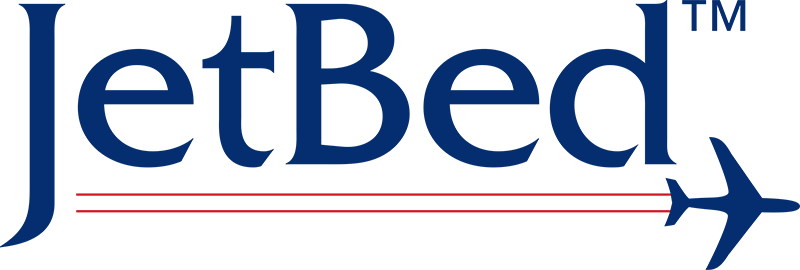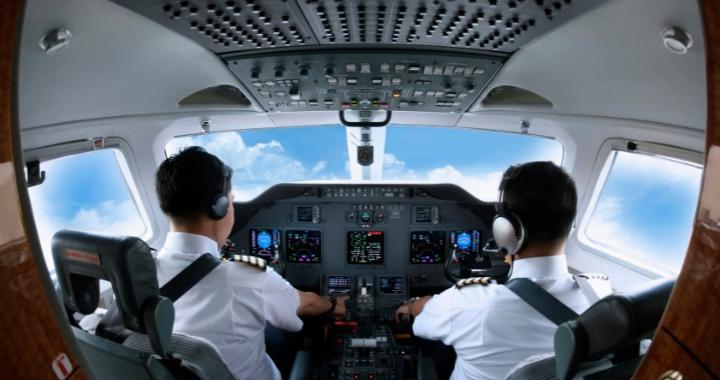The aviation industry is a highly regulated and safety-conscious field, and rightly so. To ensure the highest standards of safety and competence, professionals in various roles undergo specialized training and obtain licenses and certifications. These credentials not only demonstrate their expertise but also provide reassurance to passengers that they are in capable hands.
Professionals across all roles, including pilots, flight attendants, and dispatchers, recognize the importance of ongoing training. They participate in recurrent training programs that focus on safety protocols, emergency procedures, new technologies, and regulatory updates.
Today at Jetbed, we will be dedicating this post to talk about the Advanced Qualification Program.

What Is AQP In Aviation?
AQP, or the Advanced Qualification Program, is a voluntary training program in aviation that involves both air carriers and their operations personnel. It is designed to enhance the training and evaluation methods used by air carriers, specifically those operating under Parts 121 and 135 of the Code of Federal Regulations (14 CFR). It was first introduced in the US in the late 1990s as a collaborative effort between the Federal Aviation Administration (FAA) and various stakeholders, including airlines and pilot unions.
One important aspect of AQP is its data-driven approach. Unlike traditional training methods, which rely on predetermined criteria, AQP utilizes data collection to identify areas of improvement and tailor training programs accordingly. This data collection includes both flight and ground evaluations, permitting a comprehensive assessment of the certificate holder’s operations personnel.
It is also noteworthy to mention that AQP is a voluntary program, meaning that air carriers are not mandated to participate. However, many carriers opt to implement AQP voluntarily due to its numerous benefits. These benefits include enhanced safety, improved operational efficiency, and decreased training costs.
AQP is not limited to just pilots, though. In fact, it extends to other important aviation personnel such as flight attendants. This comprehensive approach ensures that all individuals involved in the safe and efficient operation of an aircraft are trained and evaluated according to regulatory requirements. AQP recognizes that effective collaboration and coordination among all team members are crucial for safe and efficient operations.

Benefits Of AQP Training In Aviation
Enhanced safety and risk management
By adopting AQP, aviation professionals can effectively identify, assess, and mitigate potential risks, ensuring a safer operating environment for all stakeholders. In the traditional training approach, pilots undergo fixed training hours and repetitive maneuvers.
However, AQP takes a data-driven approach by utilizing real-time flight data, simulator sessions, and advanced analytics. By targeting specific areas of weakness, AQP provides pilots with comprehensive training that enhances their decision-making skills, situational awareness, and ability to handle unexpected events.
Collaboration and crew resource management (CRM)
Effective collaboration and Crew Resource Management (CRM) are vital in aviation operations. AQP training emphasizes these areas by fostering teamwork, communication, and coordination skills among pilots who fly a plane and other crew members.
Through scenario-based training exercises and simulator sessions, AQP enables pilots to work together in realistic flight scenarios. It encourages effective communication, problem-solving, and decision-making as a team.
Regulatory compliance and standardization
AQP training aligns with regulatory requirements and promotes standardization across aviation organizations. It ensures that pilots receive training that meets or exceeds industry standards and regulatory expectations.
By following an AQP framework, airlines demonstrate their commitment to safety and regulatory compliance. AQP helps organizations establish standardized training programs, ensuring consistency in training quality and content.

Advanced Qualification Program Requirements
- Development and approval of an AQP training program by the regulatory authority.
- Collaboration between the airline and the regulatory authority to establish program standards and objectives.
- Integration of data-driven analysis and risk management principles in training program development.
- Utilization of advanced training technologies, such as flight simulators and computer-based training systems.
- Incorporation of proficiency-based assessments (PBAs) to evaluate pilot performance.
- Individualized training plans based on pilot needs and proficiency levels.
- Implementation of scenario-based training exercises to simulate real-world flight situations.
- Integration of crew resource management (CRM) training to enhance teamwork and communication skills.
- Ongoing monitoring and evaluation of training effectiveness through data analysis and feedback mechanisms.
- Compliance with evaluation requirements and standards, ensuring adherence to safety and operational guidelines.
- Continuous improvement and refinement of the AQP training program based on data analysis and industry best practices.
AQP; a vital training program for aviation personnel.
The Advanced Qualification Program (AQP) is a voluntary training program in aviation that improves the training and evaluation methods used by air carriers. It goes beyond traditional training methods, allowing for customized and flexible training programs based on the specific needs of the certificate holder. Overall, AQP helps to enhance safety and operational efficiency while reducing training costs.
For more answers to questions related to your private jet ownership, consult our blog. And, if you’re looking for an easy and convenient tool that will help you and your crew avoid flight fatigue, explore our fleet of JetBeds to find the one that best fits your aircraft.

